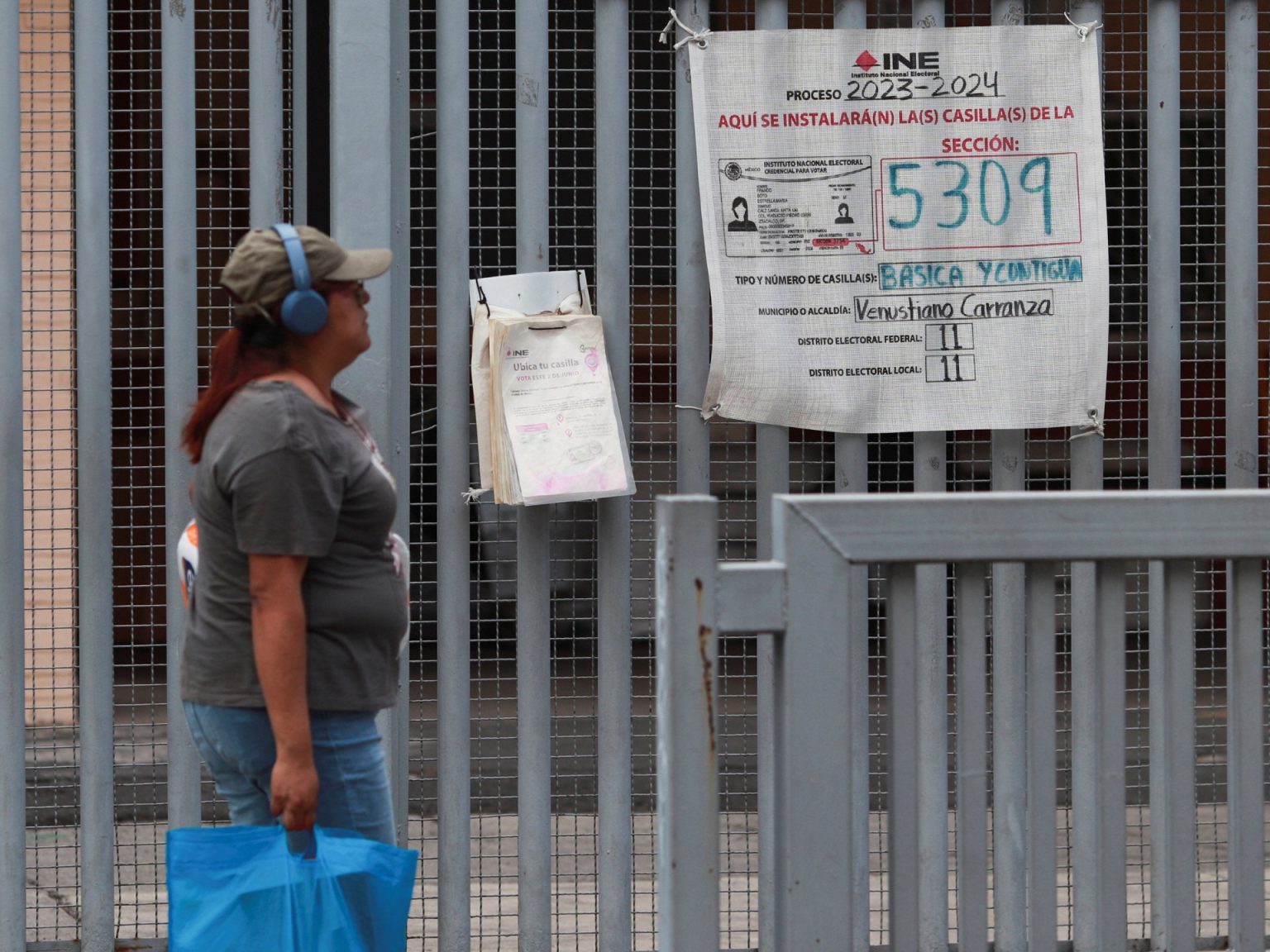Mexicans recently voted in national elections, with Claudia Sheinbaum of the ruling party poised to become the country’s first female president. She has consistently been ahead in the polls, with a lead of around 20 percentage points over her closest challenger, Xochitl Galvez. This election has been historic, with voters electing about 20,000 posts. The significance of having a female president in a country known for its macho culture cannot be understated. However, the election has been marred by violence, with 38 candidates killed during the campaign, raising concerns about the influence of drug cartels on Mexico’s democracy.
Sunday’s elections are crucial as the new leader will face significant challenges, particularly in addressing organised crime violence. More than 185,000 people have been killed due to violence since President Andres Manuel Lopez Obrador took office in 2018. The candidates, Sheinbaum and Galvez, have both pledged to expand welfare programmes, but they will have to navigate a large deficit and slow GDP growth. Mexico is also trying to attract manufacturers as part of the nearshoring trend, which involves moving supply chains closer to main markets and could help with the country’s economic recovery.
Sheinbaum, a physicist and former Mexico City mayor, emphasised the importance of voting and referred to the day as historic. The first preliminary results are expected soon after the polls close, and many citizens lined up early to cast their vote. The high voter turnout indicates a strong engagement with the political process despite the violence that has marred the campaign. The level of criminal governance at the local level and involvement of political actors in the violence dynamics are key concerns that need to be addressed to ensure fair and peaceful elections in the future.
The new president will also have to navigate negotiations with the United States on issues like US-bound migrants crossing Mexico and security cooperation over drug trafficking. These negotiations are expected to be more challenging if Donald Trump wins the US presidency in November. The outcome of the election is crucial not only for Mexico but also for the region and international relations. The potential for change and progress in the country hinges on the leadership and policies of the newly elected president, who will take office on October 1 for a six-year term.
The violent campaign and the need to address criminal governance at the local level underscore the complex challenges facing Mexico’s democracy. The new president will have to navigate these issues while also addressing economic concerns and international relations. The significance of having a female president cannot be understated, as it represents a major milestone in a country grappling with its macho culture. The outcome of the election and the policies implemented by the new administration will have far-reaching implications for Mexico and its relations with other countries. As Mexicans await the final results, the country is at a critical juncture in its history, with the potential for significant change and progress on the horizon.


